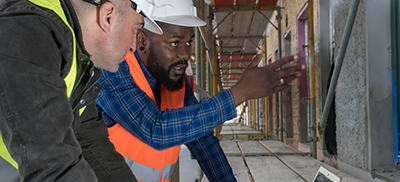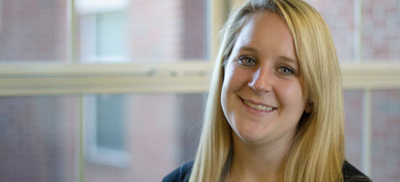Educators are tasked with the responsibility of not only ensuring students are provided a quality education, but one that can keep them captivated and attentive. Student engagement allows information to be digested and retained in a memorable way, rather than it being perceived as information that will simply be discarded later. There are a few ways that educators keep students interested; which include hands-on demonstrations, guest speakers, and field trips. All of these methods utilize delivering information to students using more than just auditory techniques.
Hands-On Demonstrations
While teaching, educators have to be conscious of their environment. Classes consist of multiple students, all with different learning styles that must be considered before beginning a lesson. According to a Learning Styles chart published by Baltimore County Public Schools, tactile learners are students that “Learn by touching and manipulating objects, benefit from demonstrations, and learning by doing.” Providing students a hands on experience can take shape in a variety of ways including integrating new technologies, building, or physical movement into a lesson. According to a Scholastic article by Samantha Cleaver, “Second-grade teacher Becky Hicks has learned that there is no substitute for activities that require kids to use their hands as well as their minds.” Hicks employs several hands-on learning tactics to ensure that students can retain knowledge, such as having students pretend to be the teacher, create physical graphs, and using puzzle pieces to make vocabulary words. While this learning process comes across as fun, it is ultimately to the benefit of the students. Hicks says that her “students are more engaged and focused when they’re working on hands-on projects—even those who fidget during large-group lessons.” These experiences are illustrative examples of how hands-on education is an experience that allows students to retain information.
Guest Speakers
While educators are qualified individuals, there may be instances when calling on an expert would benefit the class. The help of guest speakers can allow industry experts and professional to provide students personalized lessons and tips based on their experiences. This can take shape in many ways, such as bringing an entrepreneur to speak to an economics class or inviting a police officer to speak to students interested in law enforcement. Guest speakers can serve as an interactive source of knowledge for students, who can ask questions and receive specialized and industry specific ideas that an educator may not necessarily be able to deliver. In addition to content, guest speakers may be able to present students with a new perspective or approach to learning, which can serve them well throughout both their educational and professional careers. According to a journal article from Teaching on Purpose, by Kevin Leor, “Guest speakers also impact staff as well as students, in the most beneficial way possible, they improve their knowledge.” This excerpt not only sheds light on the student benefits, but also benefits of guest speakers on the educator. By providing educators specialized information, they may be able to carry that into the way that they deliver the future lessons to the students. Education is a comprehensive experience between students, educators, and resources provided, and guest speakers prove to be a valuable resource in the learning process.
Field Trips
Venturing off of school grounds, field trips are a way for educators to not only teach students in a new environment, but in a manner that is immersive. Field trips are a way to synthesize hands-on education with education from guests, and allow students to see real life applications of lessons taught. Whether it is to a museum, live performance, or nature reserve, stepping out of the classroom offers a glimpse into subject-specific events. According to an Education Next article by Jay P. Green, Brian Kisida, and Daniel H. Bowen; “schools exist not only to provide economically useful skills in numeracy and literacy, but also to produce civilized young men and women who would appreciate the arts and culture.” The article emphasizes field trips as not only a way to be educated academically, but also as a way to cultivate a society enriched with culture and instill diverse values in the youth.
With providing experiences such as field trips, hands on immersion, and guest speakers, educators have several ways to provide students quality education while allowing them to draw on resources that are both in and beyond the classroom.






